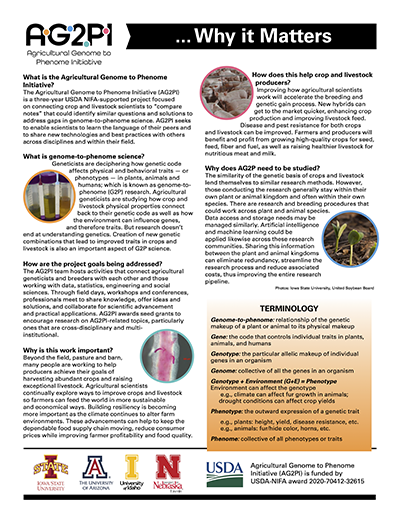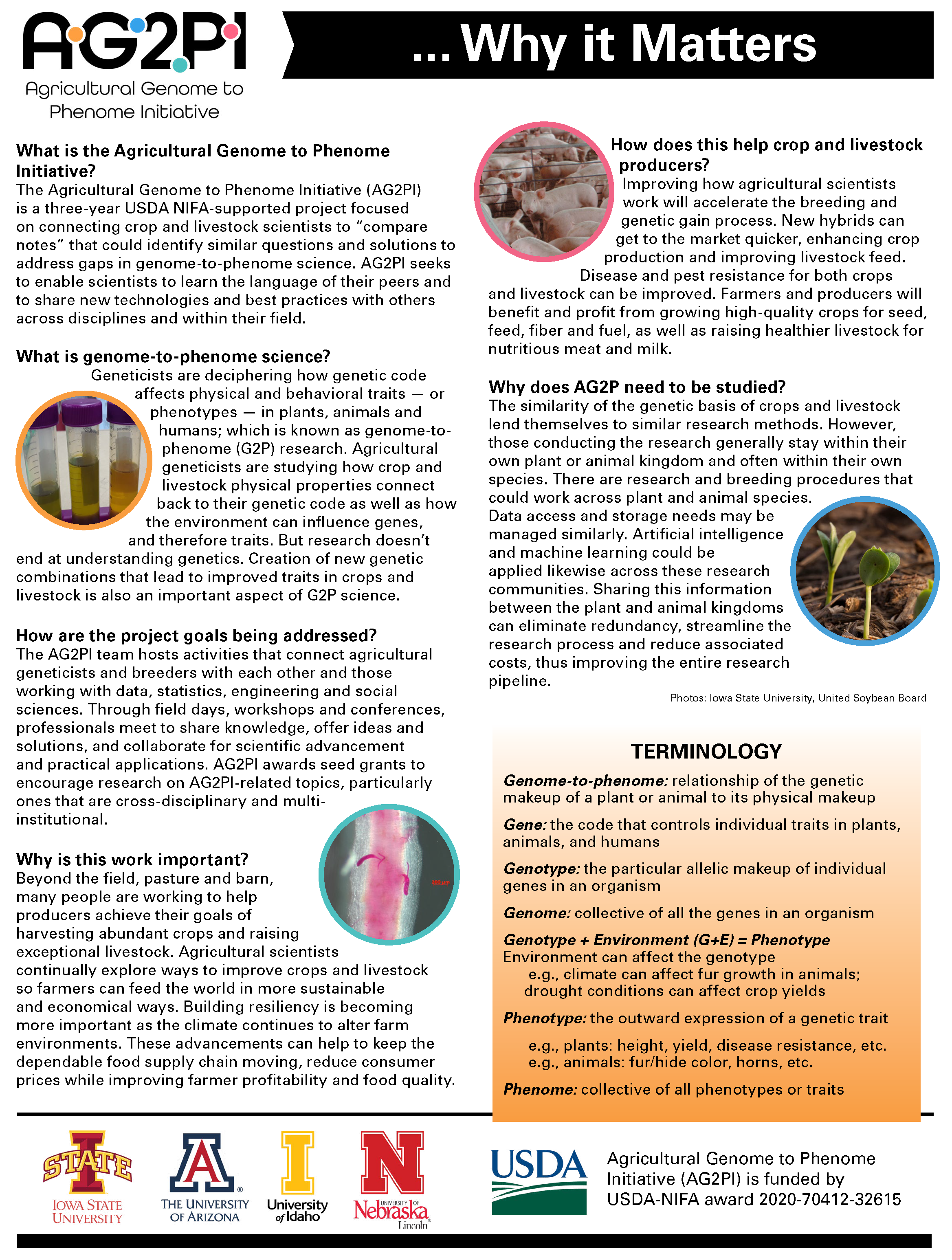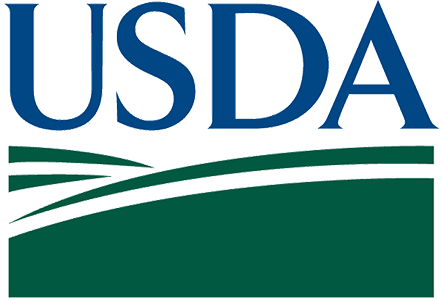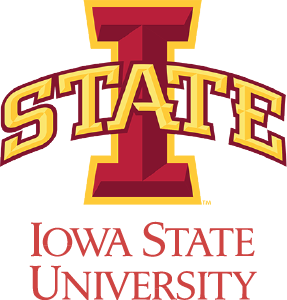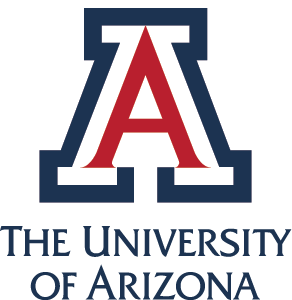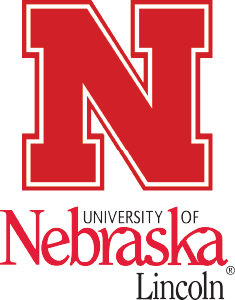Project Summary
Introduction
To meet the challenges of an increasing global population and multiple environmental stressors on agricultural production, it is essential that we better understand how genotype (G) and environment (E) influence phenotype for the complex traits of crops and livestock that are of economic importance to agriculture. This relationship is complicated by the fact that genotypes respond differently to environmental variation. To accurately predict and thus develop desired phenotypes it is necessary to understand the interaction between genotype and environment (GxE). To accomplish this requires interdisciplinary research teams consisting of scientists from crop and livestock sciences, genetics, genomics, computational and data sciences, and engineering. Towards this end, Congress established the Agricultural Genome to Phenome Initiative (AG2PI).
The focus of this project is to build cross-kingdom research communities to address the challenges of genome to phenome (G2P) research. While different communities have separately begun to address these challenges, there are opportunities to work together and identify critical research gaps they share. This includes mechanisms and technologies for data sharing and access; the integration of multiple sources and types of data; access to advanced cyberinfrastructure and expertise in data sciences; the development of novel sensors, robotics, imaging platforms; and the sharing of best practices. Importantly, they also both share the need to train junior researchers and stakeholders for the benefit of US agriculture and society.
There are many opportunities for collaborations among these research communities. The goals of this project will further strengthen these ties and identify a shared vision for G2P research where common problems can be solved together.
Project Goals
The overall goal of this project is to assemble transdisciplinary communities for large-scale R&D efforts in G2P. To meet this overall goal, this project will:
- Develop a shared vision for AG2PI
- Identify research needs, opportunities, and gaps in methods, technologies, physical infrastructure, and data management
- Support seed projects for solutions to identified challenges
- Communicate and disseminate findings of all activities through white papers, websites, and other scientific publications.
Project Activities
To address the challenge of achieving sustainable genetic improvement across crops and livestock, it will be necessary to engage the expertise of a broad community of researchers. The AG2PI team has engaged diverse organizations as partners that span institutions and nations, enabling their diverse members to become aware of and gain access to ideas, methods, and tools.
To further the development of a transdisciplinary community, the AG2PI will sponsor and coordinate four types of activities: virtual field days, conferences, training workshops, and seed grants:
Field Days
To expose the G2P community to the diversity of research activities and resources across
crops and livestock, we will host virtual Field Days
. These events will focus on sharing research
methods, approaches, and capacities, and on identifying research gaps and challenges. Please
contact us if you are interested in hosting a field day and we offer training sessions
for presenters on how to communicate across disciplines.
Conferences
To identify gaps in knowledge, infrastructure, protocols, and coordination, as well as opportunities within the G2P communities, we will hold conferences. Most of these conferences will focus on topics that cross species boundaries such as cyberinfrastructure, bioinformatics, imaging, data storage, sharing and re-use, statistics as well as a few that focus on specific species (e.g., maize or cattle). Conferences will be coupled with relevant training workshops (below) and will be followed up by participants collaborating online to draft white papers. We will also host events to describe available G2P funding opportunities for community members.
Training Workshops
To build technical strengths and future collaborative G2P communities, we will offer a suite of workshops to enable researchers from all backgrounds and computational skill levels to develop best practices, common vocabularies, and technical expertise around genomic and phenomic cyberinfrastructure, data tools and pipelines, statistics, and experimental techniques. All workshops will be delivered virtually to increase accessibility and participation.
Seed Grants
The AG2PI's Seed Grant program is designed to promote collaboration and support the development and cross-pollination of tools, data, and ideas to enable and facilitate future G2P research across disciplines, species and sectors. Seed grant awards will be on topics relevant to G2P (interpreted broadly), have durations of 6-15 months and may be given at up to $100,000. There are three types of seed grants available: for projects, for one-time events and for working groups. Any institution eligible for subcontract funding under the USDA's AG2PI RFA will be eligible to apply for seed grants.
Products
The expected products from each approach are listed below.
- Field Days: Recorded sessions and contributions to white papers. Field days are usually held on the 3rd Wednesday of each month from 10:30 AM to noon CST.
- Conferences: White papers, publications, the creation of self-organized research teams prepared to submit larger proposals.
- Training Workshops: 12 virtual workshops per year, associated documentation and training materials available through ReadTheDocs, and recordings of the workshop lectures and discussion available through YouTube.
- Seed Grants: White papers, publications, working groups, communication among attendees and self-organized research teams prepared to submit larger proposals.
Why Does it Matter...?
Are you wondering why agricultural genome to phenome work matters? Or what genome-to-phenome science even is? How does this work help crop and livestock producers? These answers and more can be found in this one-page flyer
